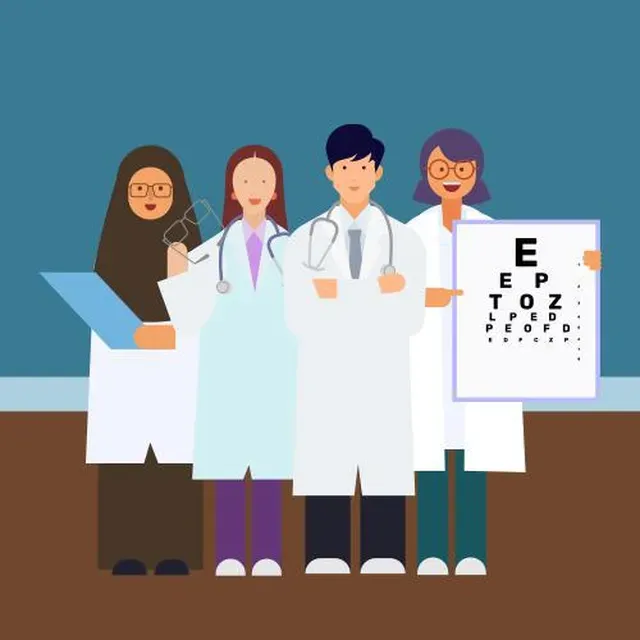Multifocal IOL implants are FDA-approved lenses that your ophthalmologist inserts into your eye during cataract surgery. The lenses can correct vision problems without the risk of post-surgical complications.
Multifocal lenses aid in the gradual transition between seeing objects clearly close-up, focusing on intermediate-distance objects, and seeing distant objects perfectly.
NY Partners Ophthalmology provides extended depth of focus and toric IOLs, which also correct vision issues at the time of cataract surgery.
The main benefits of choosing multifocal IOLs at NY Partners Ophthalmology include:
● Vision improvements
● Better visual acuity at near, intermediate, and far distances
● Ability to see clearly without extra eyewear
● Reduced cloudiness
● Improved transitioning between near and far distances
● Better quality of life
The NY Partners Ophthalmology team tailors each vision prescription based on your unique situation to ensure outstanding results.
Numerous IOLs are available, including:
Multifocal IOLs
Multifocal intraocular lenses allow you to see well at close, intermediate, and far distances.
Extended depth-of-focus IOLs
Extended depth-of-focus IOLs treat presbyopia (age-related farsightedness) by creating a single elongated focal point that enhances focus depth.
Toric IOLs
Toric IOLs placed during the time of cataract surgery correct astigmatism and eliminate post-surgery vision issues.
Your ophthalmologist implants an IOL into your eye during surgery to replace your natural lens and correct vision problems. They first numb the treatment area and offer a sedative to help you relax.
Your eye doctor gently removes the old lens, replaces it with a synthetic IOL, and ensures proper fit before taking you to a recovery area. Your ophthalmologist follows up with you to provide exceptional vision after surgery.
The NY Partners Ophthalmology team determines which lenses are best after reviewing your medical history, eye health history, treatment preferences, lifestyle, and symptoms.
They complete vision screening by having you read from an eye chart and look through different close-up lenses to determine your vision prescription. Your ophthalmologist also completes a comprehensive eye exam, diagnostic eye tests, and sometimes imaging procedures to detect potential eye diseases or other eye-health problems.
They order customized multifocal IOLs from a specialty lab before your surgery.
